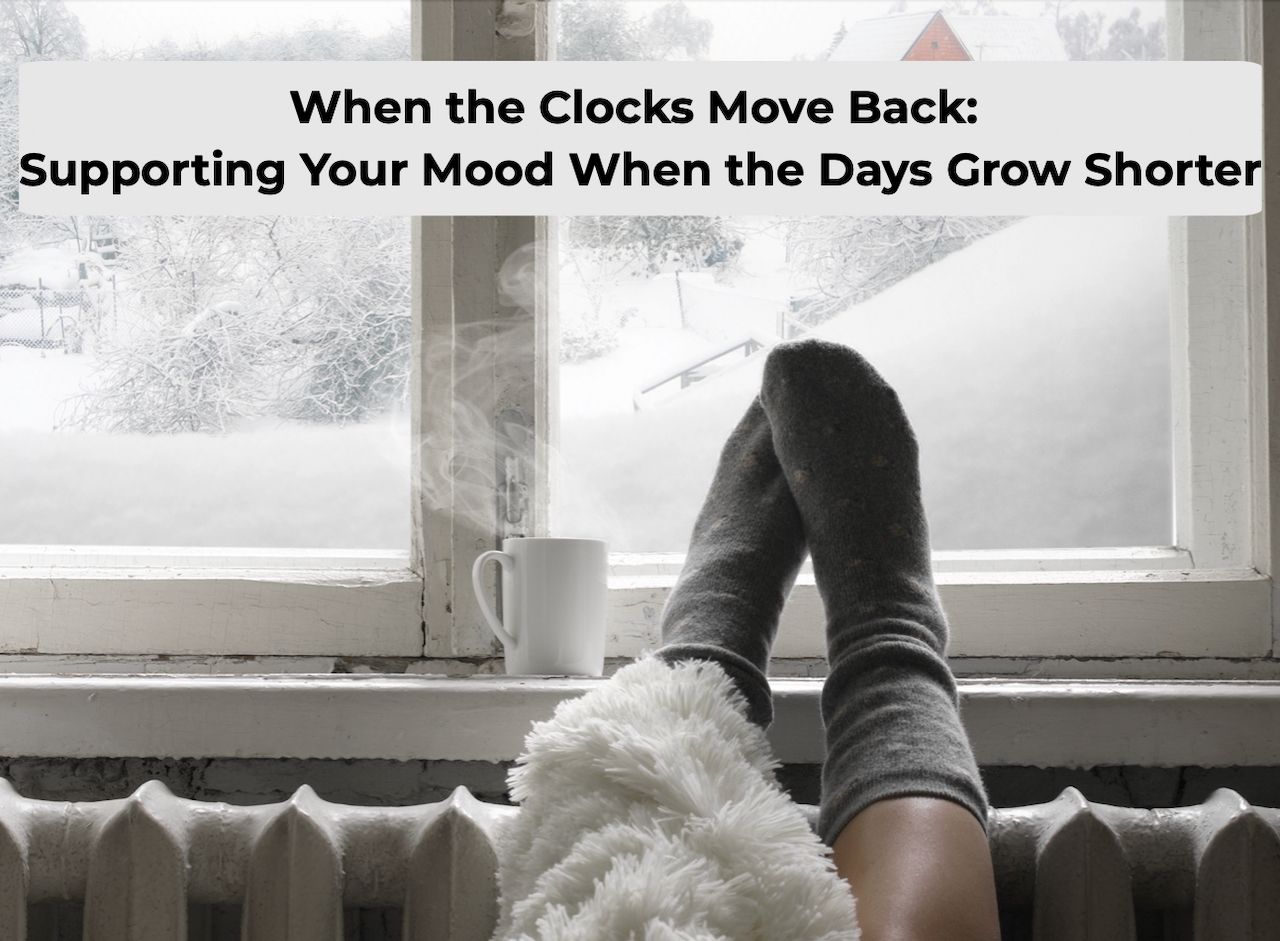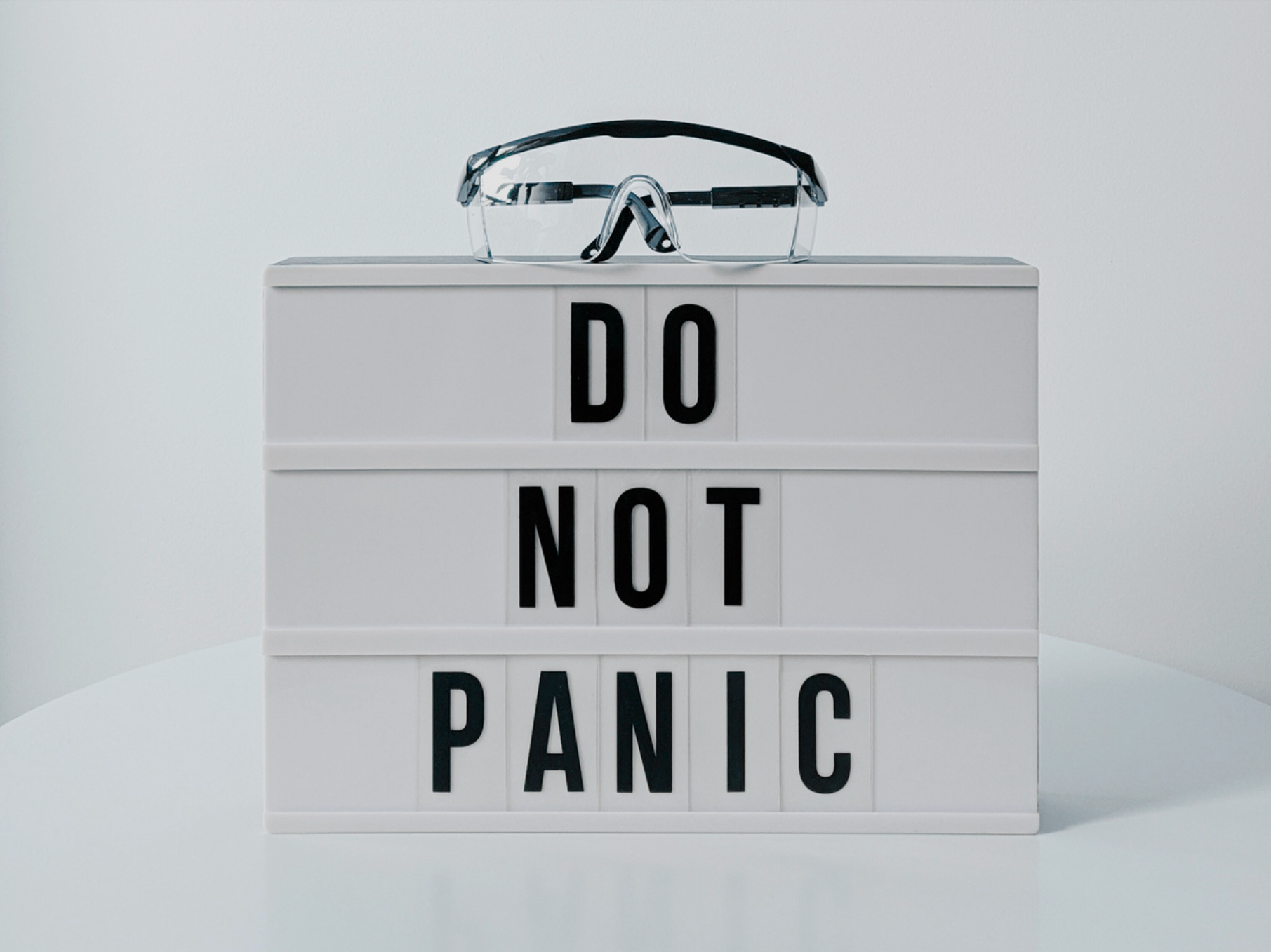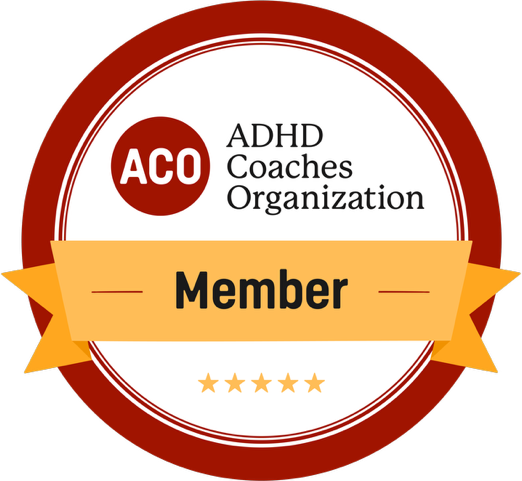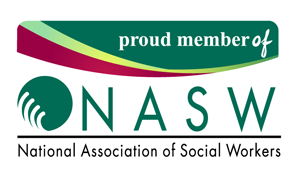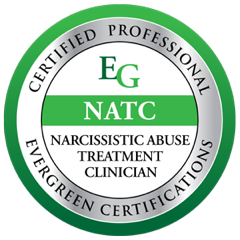The Power of Mindset
Living with ADHD often feels like navigating a storm of thoughts, emotions, and challenges. For many women and minorities, the weight of societal expectations, compounded by the unique struggles of ADHD, can make the road even harder. But amidst all of this, there’s one powerful tool we can control—our mindset. The way we see ourselves and our circumstances can transform how we navigate life’s ups and downs.
Positive vs. Negative Mindset
Closely tied to positivity is the concept of a growth mindset versus a fixed mindset. A fixed mindset tells us, “This is just the way things are. I’m not good at organizing, so I’ll never be good at it.” It closes us off to possibilities and keeps us stuck in cycles of frustration.
A growth mindset, on the other hand, invites curiosity. It says, “Maybe organization has been hard for me, but what systems can I try to improve it? What’s one thing I can do differently?” It’s about looking for the lesson we can learn from, even when setbacks happen. And yes, setbacks will happen! That’s part of growing.
The growth mindset is especially empowering for those with ADHD because it celebrates progress, not perfection. It allows space for trial and error and reminds us that every small step forward is progress.
Your Story Matters
Our internal narrative—the way we talk to ourselves—shapes how we see the world and our role in it. If you tell yourself, “I’m scatterbrained, lazy, or just not smart enough,” you’re reinforcing the idea that this is who you are, full stop. But what if you could rewrite that story?
What if, instead, you started saying, “I’m a resourceful problem solver. I might take a little longer to get organized, but that’s okay. It doesn’t mean I’m failing—it just means I’m learning.” What we say to ourselves matters. A more positive internal narrative creates mental space for self-compassion and self-improvement, especially on days when ADHD feels particularly overwhelming.
Mistakes Are Opportunities to Grow
Here’s a mantra worth repeating, both to yourself and to others in your life (kids, partners, coworkers): Mistakes are how we learn and grow. For folks with ADHD, the pressure to perform flawlessly can feel intense. You might already feel like you’re juggling more than the average person, so making mistakes can feel especially heavy.
But what if mistakes weren’t a cause for shame but rather, a reason to dig deeper? Every mistake you’ve made has the potential to teach you something. Maybe it helps you identify a system that doesn’t work or reveals an area where you need extra support. These are gifts, not failures.
Teaching yourself to see mistakes this way can spark an enormous shift in your mindset. The next time you catch yourself replaying an error, ask, “What can I learn from this? How can this mistake move me closer to where I want to be?”
Practical Strategies to Shift Your Mindset
- Build Mental Notes of Your Wins: Keep a journal or a list on your phone where you write down moments when you succeeded. Even if it’s small—like remembering an appointment or sorting the mail—acknowledge it. These small reminders can offset the days when you feel off track.
- Practice Reframing: When you catch yourself thinking negatively, reframe the thought. Replace “I’m so bad at this” with “I’m still learning, and I can improve.” It takes practice, but it works.
- Lean on Your Values: Ask yourself what truly matters to you. What kind of life do you want to lead? Use your values as a compass to align your actions and mindset. Whether it’s creativity, love, or independence, anchoring to your values can guide you through challenges.
- Don’t Do It Alone: Connecting with others who understand your experiences, such as an ADHD coach, can accelerate growth. They can help you identify your strengths, build habits, and challenge the unhelpful narratives holding you back.
Moving Forward with Confidence
For women and minorities living with ADHD, adopting a positive and growth-focused mindset isn’t just empowering—it’s life-changing. It’s okay to have days where everything feels overwhelming; that’s part of being human. But remember, you are not defined by the harder moments. You are defined by how you rise, persist, and care for yourself.
Mistakes are part of the process. Growth is always possible. And your unique story is something to celebrate—not measure against others. Each moment you choose to shift your mindset, even a little, is a moment you move closer to the joyful, fulfilling life you deserve.
Questions to connect with:
Here are three questions for you to use as journal prompts:
- What beliefs or thought patterns have been holding you back lately? How can you reframe these in a way that empowers you to move forward?
- Think of a recent challenge you faced. How did your mindset influence the way you responded? What might have changed if you approached it with a more growth-oriented perspective?
- Reflect on a time when you surprised yourself by succeeding at something you initially doubted. What mindset shifts helped you thrive in that moment, and how can you apply those lessons to current goals?



